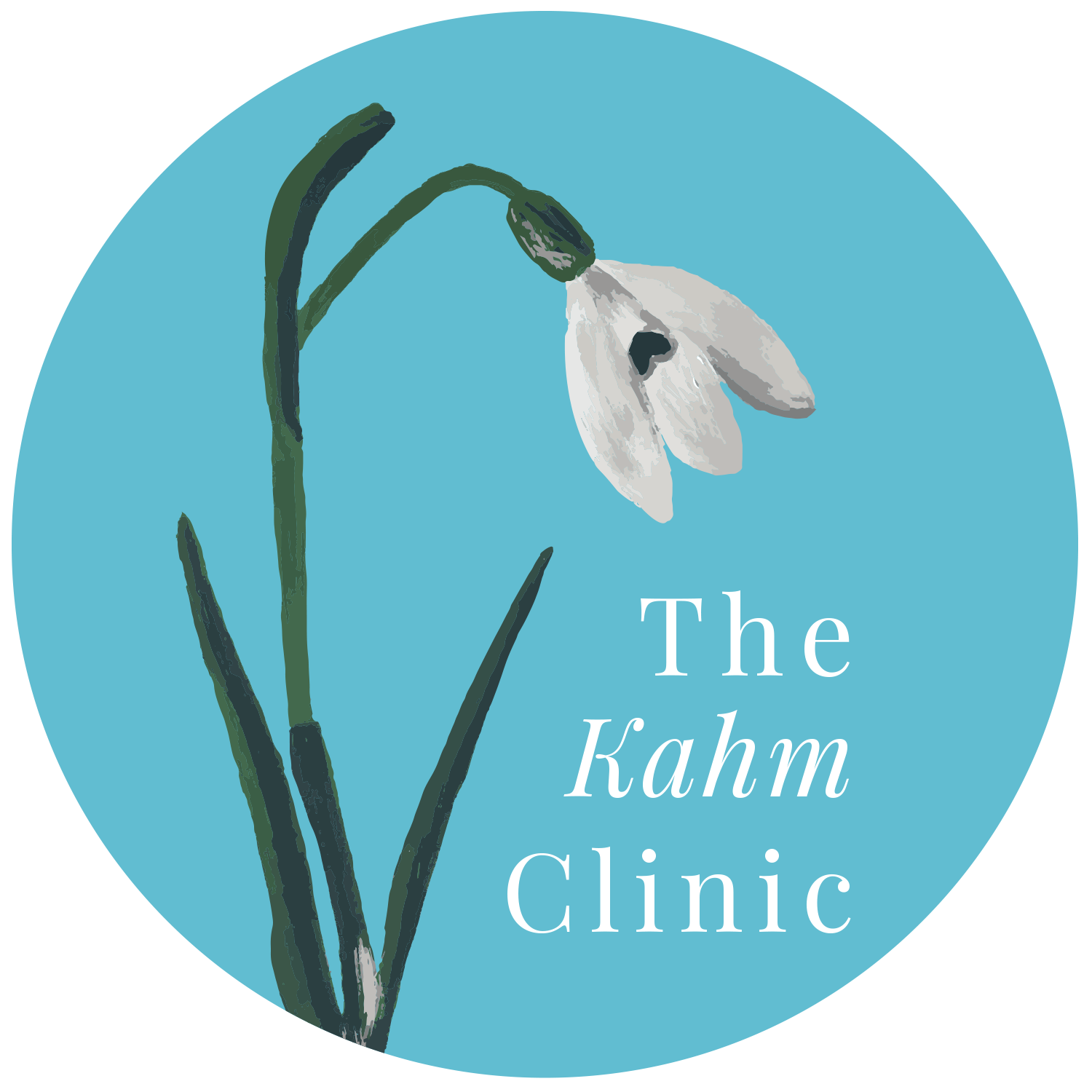Nutrition Testing for Plant-Based & Vegan Diets
A plant-based or vegan lifestyle can offer meaningful health and environmental benefits—but it also requires thoughtful planning to ensure nutrient needs are met. Eliminating animal products reduces access to concentrated sources of protein, iron, calcium, vitamin B12, and vitamin D. Without targeted attention, this can lead to unintended fatigue, muscle loss, gastrointestinal discomfort, or decreased athletic performance.
HOW TESTING INFORMS VEGAN AND PLANT-BASED DIETS
Many individuals who follow vegan diets unintentionally under fuel—particularly when it comes to protein. Because plant-based proteins are less concentrated than animal sources, larger portions are needed to meet daily needs. This gap often goes unnoticed until physical symptoms appear.
Metabolic testing and body composition analysis (MT/BCA) evaluate whether your current intake is supporting energy needs, muscle retention, and metabolic function. These tools can identify underfueling, muscle catabolism, and nutrient deficiencies before the result in more serious health concerns. For those who need it, testing can also inform the use of targeted supplements to support metabolic and cellular health while maintaining alignment with a vegan lifestyle.
When to Look Deeper
In some cases, it’s worth exploring the motivations behind dietary shifts. Veganism can sometimes be used to mask disordered eating or overly restrictive habits. When a dietary change is primarily motivated by weight control, fear of certain foods, or rigid rules around eating, it may warrant further support from a multidisciplinary team. Testing can help providers understand what’s happening physiologically and guide conversations about safe and sustainable nourishment.
SUPPORT FOR YOUR PLANT-BASED NUTRITION GOALS
A vegan or plant-based diet can work beautifully—when it’s done with clarity and care. Our testing services remove the guesswork, helping you build a lifestyle that aligns with your values and meets your body’s needs.


